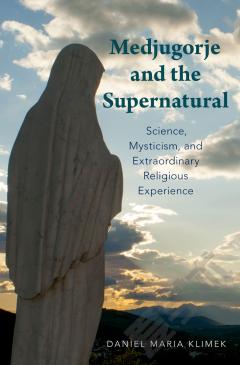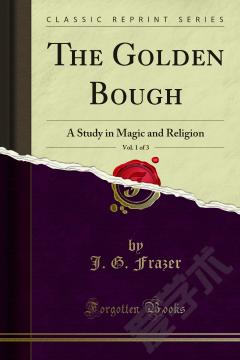Making Magic —— Religion, Magic, and Science in the Modern World
----- 制造魔法:现代世界中的宗教,魔术和科学
Since the emergence of religious studies and the social sciences as academic disciplines, the idea of "magic" has played a major role in defining religion and in mediating the relation of religion to science. Across these disciplines, magic has regularly been configured as a definitively non-modern phenomenon, juxtaposed to the distinctly modern models of religion and science. As a category, however, magic has remained stubbornly amorphous. In Making Magic, Randall Styers seeks to account for the extraordinary vitality of scholarly discourse purporting to define and explain magic despite its failure to do just that. He argues that it can best be explained in light of the European and Euro-American drive to establish and secure their own identity as normative: rational-scientific, judicial-ethical, industrious, productive, and heterosexual. Magic has served to designate a form of alterity or deviance against which dominant Western notions of appropriate religious piety, legitimate scientific rationality, and orderly social relations are brought into relief.
{{comment.content}}








 京公网安备 11010802027623号
京公网安备 11010802027623号